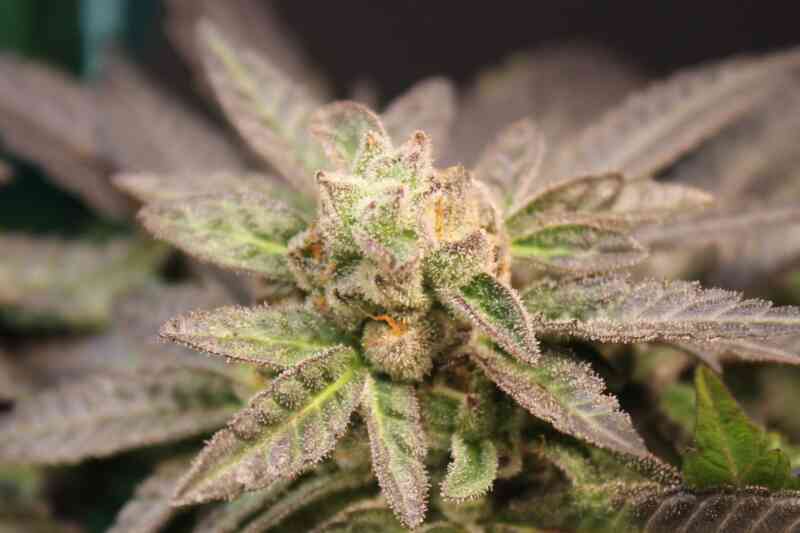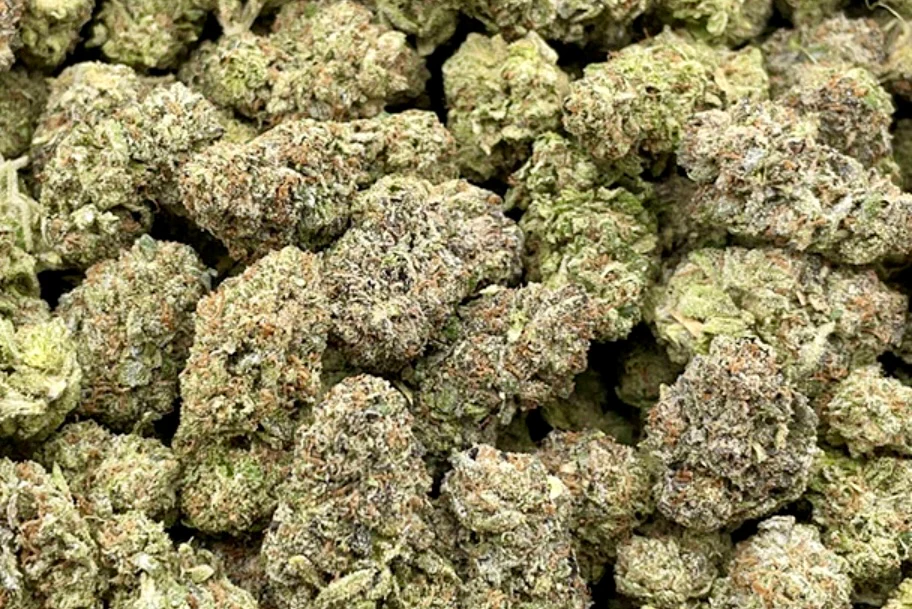The term “Zaza” has woven itself into the fabric of modern culture, sparking curiosity and confusion in equal measure. Is it a reference to premium cannabis, a dangerous drug, or merely a catchy phrase from rap lyrics? This blog post unravels the multifaceted identity of Zaza, diving into its origins, evolving meanings, and the implications of its widespread use. From cannabis culture to social media trends and public health concerns, we’ll explore how Zaza has become a cultural phenomenon, while weaving in insights about Zaza Online, Zaza Wholesale, and Zaza White Label markets.
The Roots of Zaza in Cannabis Culture
Zaza first emerged in the late 2010s, primarily within Atlanta’s rap and trap music scenes. The term is a phonetic shorthand for “exotic,” evolving from “za-tic” to “za” and finally “zaza.” It initially described high-grade, potent cannabis strains known for their rarity, vibrant aesthetics, and intense effects. These strains, often indica-dominant hybrids, boast THC levels exceeding 20%, delivering a calming high with bursts of euphoria. Zaza’s allure lies in its sensory appeal—buds with bright green and purple hues, orange hairs, and sticky trichomes that emit aromas like diesel or sour lemon.
In 2019, Atlanta rappers like Ola Runt and Lil Keed popularized Zaza, with Ola Runt tweeting, “EXOTIC WEED= ZAZA,” cementing its association with premium marijuana. By 2020, artists like 21 Savage and Moneybagg Yo referenced Zaza in lyrics, such as “Smokin’ on zaza” or “This is real ZaZa, with the bags, I charge ’em thirty-five.” These mentions fueled its rise, with Google searches for “Zaza weed” spiking in March 2020. Dispensaries capitalized on the trend, marketing strains like Zaza OG or Zaza Runtz as top-shelf products, often priced at $60–$100 per eighth, compared to the average $25–$40 for standard cannabis.
The Zaza Online market has thrived as consumers seek these exotic strains. E-commerce platforms and dispensary websites now offer Zaza-branded flower, pre-rolls, and concentrates, shipped discreetly to legal states. Zaza Wholesale has also emerged, catering to retailers looking to stock high-demand cannabis products. Some brands even offer Zaza White Label services, allowing businesses to rebrand premium strains under their own logos, further amplifying Zaza’s commercial reach.
Zaza as a Cultural Flex
Beyond cannabis, Zaza has become a symbol of status and luxury in hip-hop culture. Rappers flaunt Zaza to signify wealth and access to the finest goods, much like references to diamonds or private jets. The phrase “smokin’ on Zaza” implies not just consumption but exclusivity—only the elite can afford this “top shelf” experience. Social media platforms like TikTok and Instagram have amplified this flex, with users posting videos of colorful buds or custom Zaza-branded baggies from brands like Cookies or Runtz.
However, Zaza’s cultural cachet has led to overuse and dilution. By 2021, some Gen Z users on platforms like Reddit began calling any cannabis “Zaza,” from high-quality flower to low-grade “brick weed.” This shift frustrated purists, with one r/trees user lamenting, “Zaza is a nickname for exotic… Where the fuck does ZaZa come from? Can I just call bud ‘grengarli-fenosin’ at this stage?” The term’s elasticity reflects how slang evolves, shaped by youth culture and digital trends. TikTok’s censorship of terms like “weed” or “THC” may have further boosted “Zaza” as a workaround, embedding it deeper into online vernacular.

The Darker Side: Zaza as a Drug
While Zaza began as cannabis slang, its meaning has dangerously expanded to include tianeptine, a pharmaceutical compound with opioid-like effects. Marketed as a “mood enhancer” or “cognitive booster,” tianeptine is sold in gas stations and online as “Zaza Red,” “Tianna,” or “Neptune’s Fix.” Dubbed “gas station heroin,” it mimics opioids at high doses, causing euphoria but also severe risks like dependency, withdrawal, and overdose. From 2014 to 2019, recreational tianeptine use in the U.S. surged 24-fold, prompting FDA warnings and bans in several states.
The overlap between cannabis Zaza and tianeptine Zaza creates confusion. Misleading labels market tianeptine as a harmless supplement, leading some to mistake it for a cannabis product. Health risks are stark: tianeptine withdrawal can be worse than heroin, with symptoms like seizures and anxiety. Zaza Online retailers selling tianeptine often operate in legal gray zones, while Zaza Wholesale distributors supply smoke shops with these risky products. Zaza White Label tianeptine further complicates regulation, as private-label branding obscures the substance’s identity.
Public health experts urge awareness, especially among parents and educators. In Pottstown, PA, Zaza’s rise among teens has raised alarms, with High Focus Centers noting its accessibility in local stores. Unlike cannabis, tianeptine doesn’t appear in standard drug tests, making misuse harder to detect. Recovery centers like Cherry Hill and Pennsylvania Recovery report increasing cases of Zaza-related addiction, emphasizing the need for education and intervention.
Navigating the Zaza Landscape
Zaza’s dual identity—as both premium cannabis and a hazardous drug—underscores the complexity of modern slang and substance use. For cannabis enthusiasts, Zaza represents quality and prestige, with strains like Gush Mintz or Rainbow Runtz delivering potent, flavorful experiences. Yet, the term’s association with tianeptine demands caution. Consumers must verify product contents, especially when buying from Zaza Online platforms or unfamiliar retailers. Zaza Wholesale and Zaza White Label markets should prioritize transparency to prevent mislabeling.
Culturally, Zaza’s evolution reflects how language and trends intertwine. Rap music and social media have transformed a niche term into a global phenomenon, but not without consequences. The glorification of Zaza in lyrics and memes can normalize risky behaviors, particularly among youth chasing the “exotic” allure. Addiction professionals warn that high-THC Zaza strains, while not physically addictive, can lead to cannabis use disorder if overused, with 9% of users developing dependency.
Moving Forward with Clarity
Zaza is neither just weed, drug, nor rap slang—it’s all three, shaped by context and intent. Its journey from Atlanta’s rap scene to gas station shelves illustrates the power of culture to redefine meaning. For those seeking Zaza cannabis, stick to reputable dispensaries or verified Zaza Online sources. Businesses in the Zaza Wholesale or Zaza White Label space must prioritize ethical practices to protect consumers. Above all, education is key. Understanding Zaza’s nuances empowers individuals to navigate its allure safely, whether they’re chasing a premium high or steering clear of its darker side.
As Zaza continues to evolve, its story reminds us to question what lies behind trendy terms. Is it fire flower, a risky pill, or just a lyric? The answer depends on where you look—and how closely you examine the smoke.
Discover premium Zaza cannabis products with NanoHempTechLabs, your trusted partner in Zaza Wholesale. Our exotic, high-potency strains, like Zaza OG and Rainbow Runtz, boast vibrant aesthetics and THC levels above 20%, delivering unparalleled quality. With NanoHempTechLabs’ Zaza White Label services, retailers can rebrand top-shelf cannabis for maximum market appeal. Sourced responsibly and rigorously tested, our products ensure safety and satisfaction. Join the Zaza revolution and elevate your inventory with our premium offerings. Schedule a call today to explore exclusive wholesale opportunities and grow your business with NanoHempTechLabs!
Reference:
- Ali, S., Al-Jabri, H., Al-Adwan, A., & Rahman, W. (2024). Subtitling saudi arabic slang into english: the case of “the book of the sun” on netflix. Humanities and Social Sciences Communications, 11(1). https://doi.org/10.1057/s41599-024-02965-y
- Bondarenko, K. and Bondarenko, O. (2021). Translating english slang into ukrainian: a study of pulp fiction and once upon a time in… hollywood. SHS Web of Conferences, 105, 04001. https://doi.org/10.1051/shsconf/202110504001
- Oliseyenum, M. and Oghenetega, E. (2023). A morpho-semantic analysis of some nigerian internet-based slangs. Kampala International University Interdisciplinary Journal of Humanities and Social Sciences, 4(1), 110-126. https://doi.org/10.59568/kijhus-2023-4-1-07





